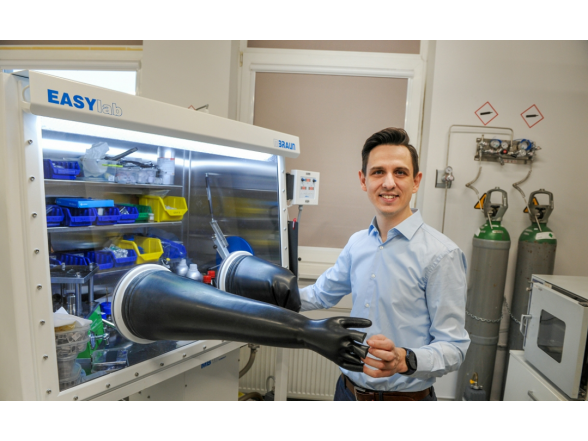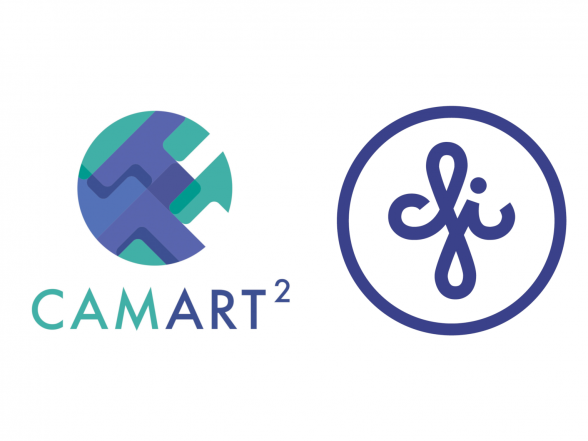The Head of the Energy Materials Laboratory at ISSP UL, Gints Kučinskis, shares his unique insights on batteries and his remarkable journey in battery research in an exclusive interview with the newspaper Diena. This insightful interview, published on February 25, sheds light on the exciting work of Gints and his team.
The global significance of efficient and eco-friendly battery technology cannot be overstated in a world that is increasingly dependent on renewable energy sources and electric vehicles. At the forefront of this global research is physicist and scientist Gints Kučinskis, leading the Energy Materials Laboratory at the Institute of Solid State Physics, University of Latvia.
With a focus on lithium and sodium ion battery materials, Gints and his team are pioneering efforts to develop more sustainable alternatives and enhance battery longevity. As the global demand for energy storage solutions grows, particularly in the realm of solar and wind power and the rise of electromobility, the importance of advancing battery technology cannot be overstated.
In Latvia, scientists are dedicated to optimizing electrode materials for lithium and sodium batteries, with a particular emphasis on the latter due to its abundance and accessibility. The idea is not new, and some Chinese companies are already announcing plans to mass-produce sodium-ion batteries.
Gints is a strong advocate for responsible battery usage, offering valuable tips such as avoiding full discharges or charges, refraining from overnight charging, and storing batteries at lower temperatures to prolong their lifespan. He underscores the critical importance of proper battery disposal and recycling practices, given the toxic and rare materials they contain, calling for a sustainable approach to battery management.
Reflecting on his academic and professional journey, Gints shares insights into his trajectory from studying physics at the University of Latvia to conducting research in Germany before returning to his homeland to drive scientific and industrial progress. Despite the challenges inherent in battery research, he remains optimistic about the future, emphasizing the need for sustained funding and a holistic approach to research and project management to propel innovation in Latvia and beyond.



